Peter Crimmins –
(read the original article here)
Eddie Muller’s festival of classic film noir has been around for 20 years, touring through a dozen cities. It’s coming to the home of The Blob.
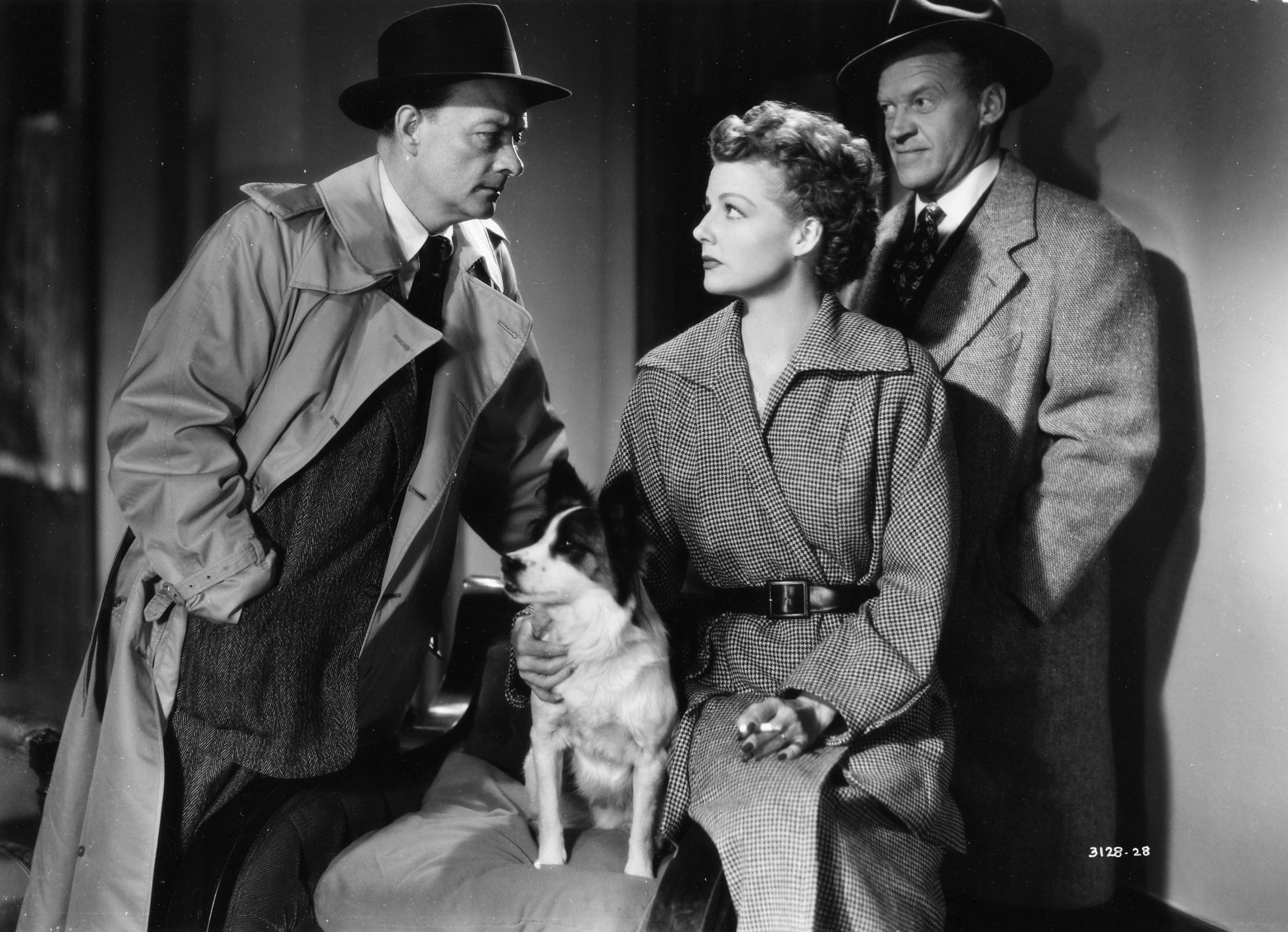 This weekend is gearing up to be big for the box office as two of the summer’s most anticipated movies — “Barbie” and “Oppenheimer” — will be released simultaneously in a cinema tsunami dubbed “Barbenheimer.”
This weekend is gearing up to be big for the box office as two of the summer’s most anticipated movies — “Barbie” and “Oppenheimer” — will be released simultaneously in a cinema tsunami dubbed “Barbenheimer.”
Eddie Muller, the so-called Czar of Noir who hosts “Noir Alley” on Turner Classic Movies, will be in the Philadelphia area this weekend to offer an alternative: The local debut of his touring film festival “Noir City” at the Colonial Theatre in Phoenixville.
In the face of a three-hour blockbuster like “Oppenheimer,” Muller promises more bang for your movie buck.
“I can show two movies from 1948 in the time it takes to show ‘Oppenheimer,’” he said.
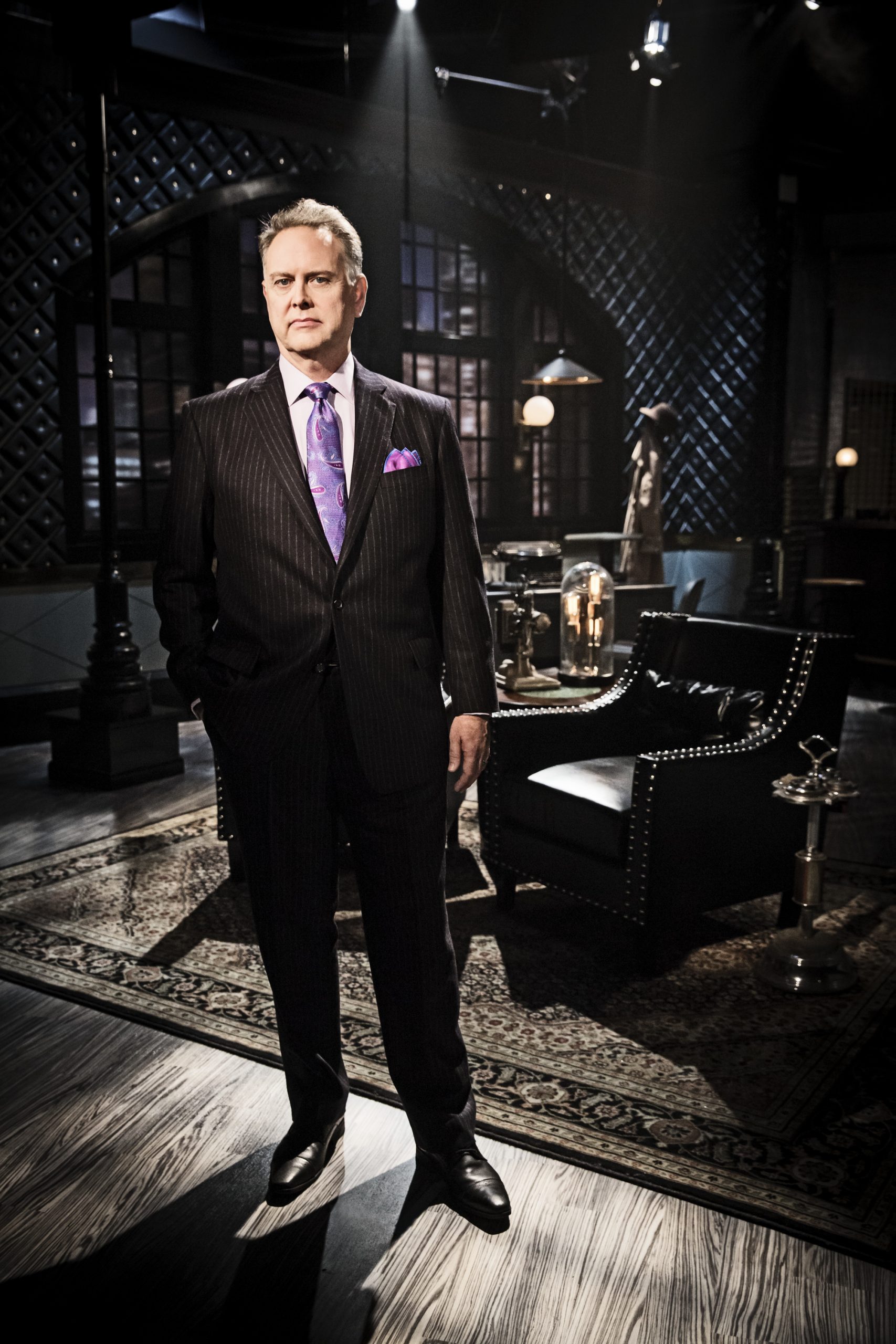 Muller is the author of several books on film noir, a genre of crime movies of the 1940s and ‘50s notable for being dark both visually and thematically. He created the Noir City festival 20 years ago in San Francisco where it has become an annual staple for the Bay Area’s retro crowd. It has toured through a dozen cities since then, but never before visited Philadelphia.
Muller is the author of several books on film noir, a genre of crime movies of the 1940s and ‘50s notable for being dark both visually and thematically. He created the Noir City festival 20 years ago in San Francisco where it has become an annual staple for the Bay Area’s retro crowd. It has toured through a dozen cities since then, but never before visited Philadelphia.
Muller will be at the festival for the duration of the weekend, introducing each film and signing his most recent book, Noir Bar, about noir-inspired cocktails.
The Colonial Theatre normally programs a mixture of contemporary and classic films, and recently has been experimenting with film noir. Director of Programming Bob Trate has been showing noir titles on Sundays to test the waters, and said fairly decent crowds have been showing up.
The programming comes from a deeply-seeded love of old movies. Trate said that when as a kid he got into trouble with his parents, his father would take away his TV privileges. But would break his own rule if a classic film came on.
“’You’re grounded, but you can watch ‘The Searchers,’” Trate recalled his father saying. “I’m an eight year-old kid watching ‘Casablanca.’ I’m watching ‘The Adventures of Robin Hood’ where most other kids had never seen those kinds of films.”
“A guy after my own heart,” said Muller, who first discovered film noir as a kid watching late-night television. “I love that.”
The Colonial is better known for screening classic horror films. Building on its reputation as the theater seen in the schlocky 1958 film “The Blob,” the Colonial developed a three-day festival called Blobfest. Now in its 24th year, Blobfest attracts thousands.
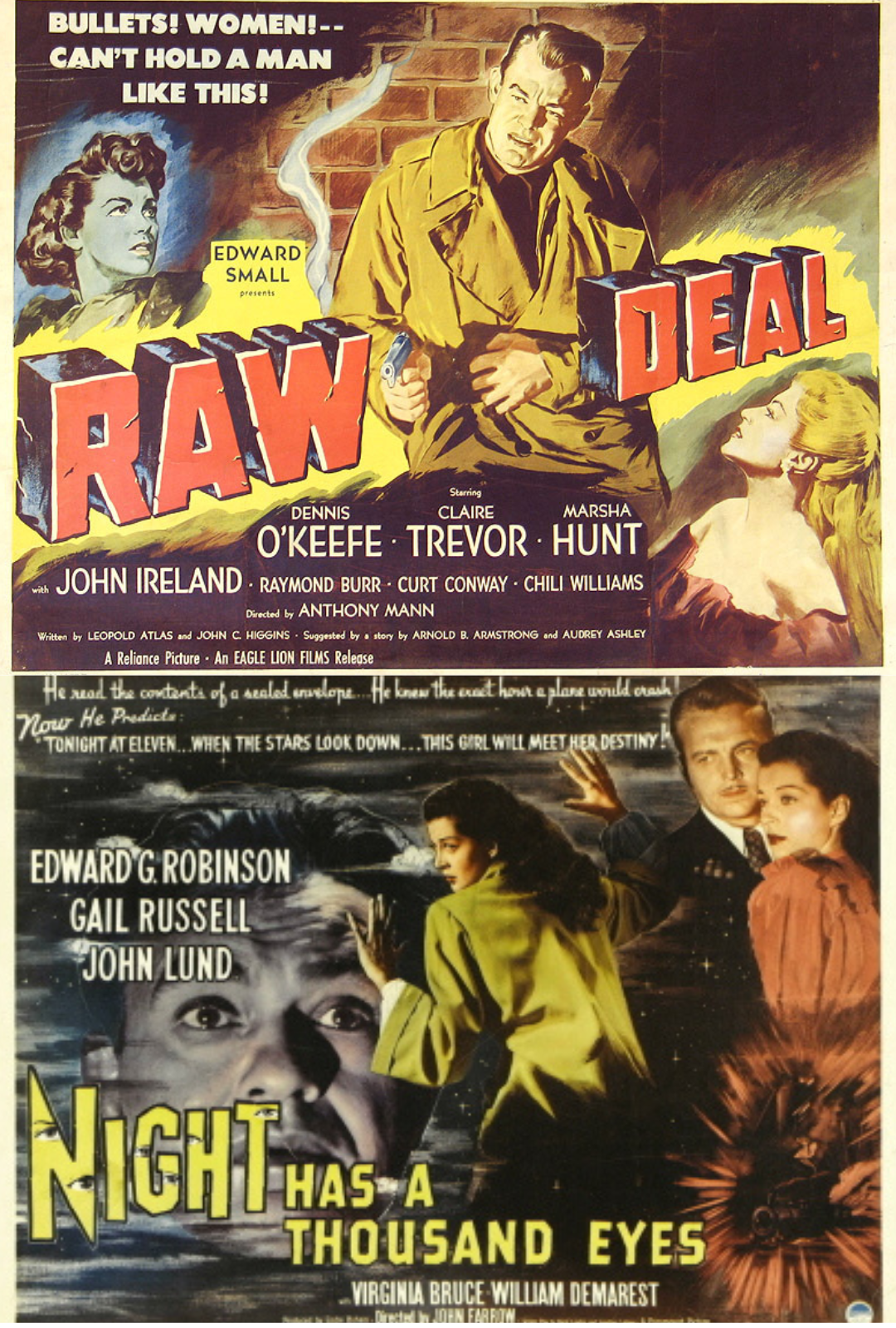
“That’s exactly the kind of venue that I want to work with,” said Muller. “You have to be so creative as a programmer these days. If you want to do this you have to turn it into an event.”
In his native San Francisco, Muller developed Noir City into an annual festival that attracts fans of the 1940s post-war swing and art deco style. He looks out for other cities where something similar could spark.
“Is there a thriving cocktail culture in the town? Is there a retro culture? Are there vintage fashion groups in the town?” Muller said. “That’s where we draw a lot of our fans from.”
Classic film noir is rarely screened in Philadelphia theaters. Those that do — like the Philadelphia Film Society and the Bryn Mawr Film Institute — tend to stick with the better known titles like “The Third Man,” “The Maltese Falcon,” and “Double Indemnity.”
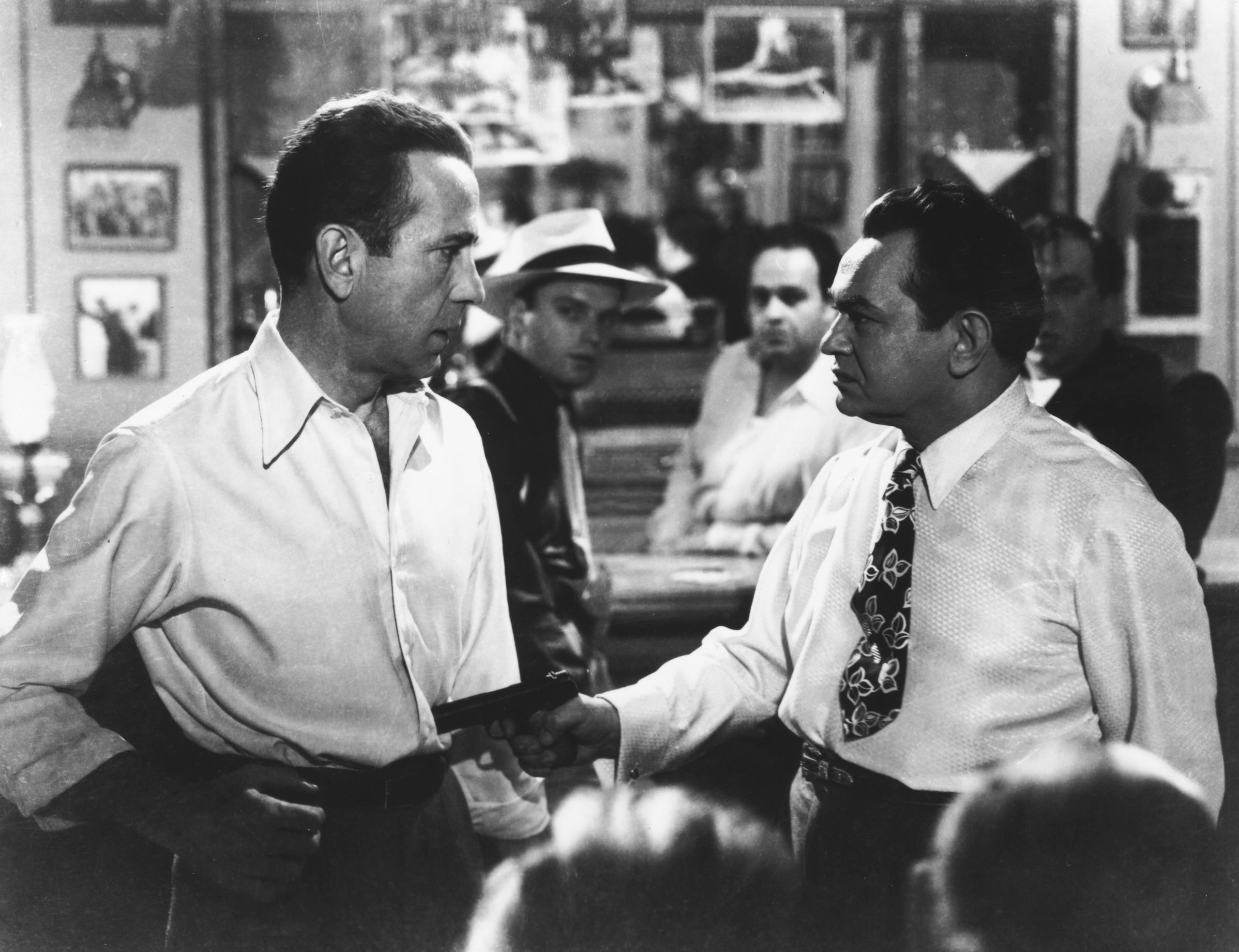
The Lightbox Film Center at the University of the Arts, which leans into art-house and avant-garde films, occasionally programs so-called neo-noir and noir-inspired films, but almost never screens classic noir.
“I love classic film noir, but oddly, I don’t have the opportunity to book it as much as I’d like to,” said Lightbox Director Jesse Pires, adding that classic noir films are coming next season as part of a touring UCLA film preservation festival.
Noir City at the Colonial Theatre will feature 10 films paired as double features, mixing up well-known films like “Lady from Shanghai” (Orson Welles) and “Key Largo” (Humphrey Bogart) with more obscure titles like “Night Has a Thousand Eyes” and “The Spiritualist.”
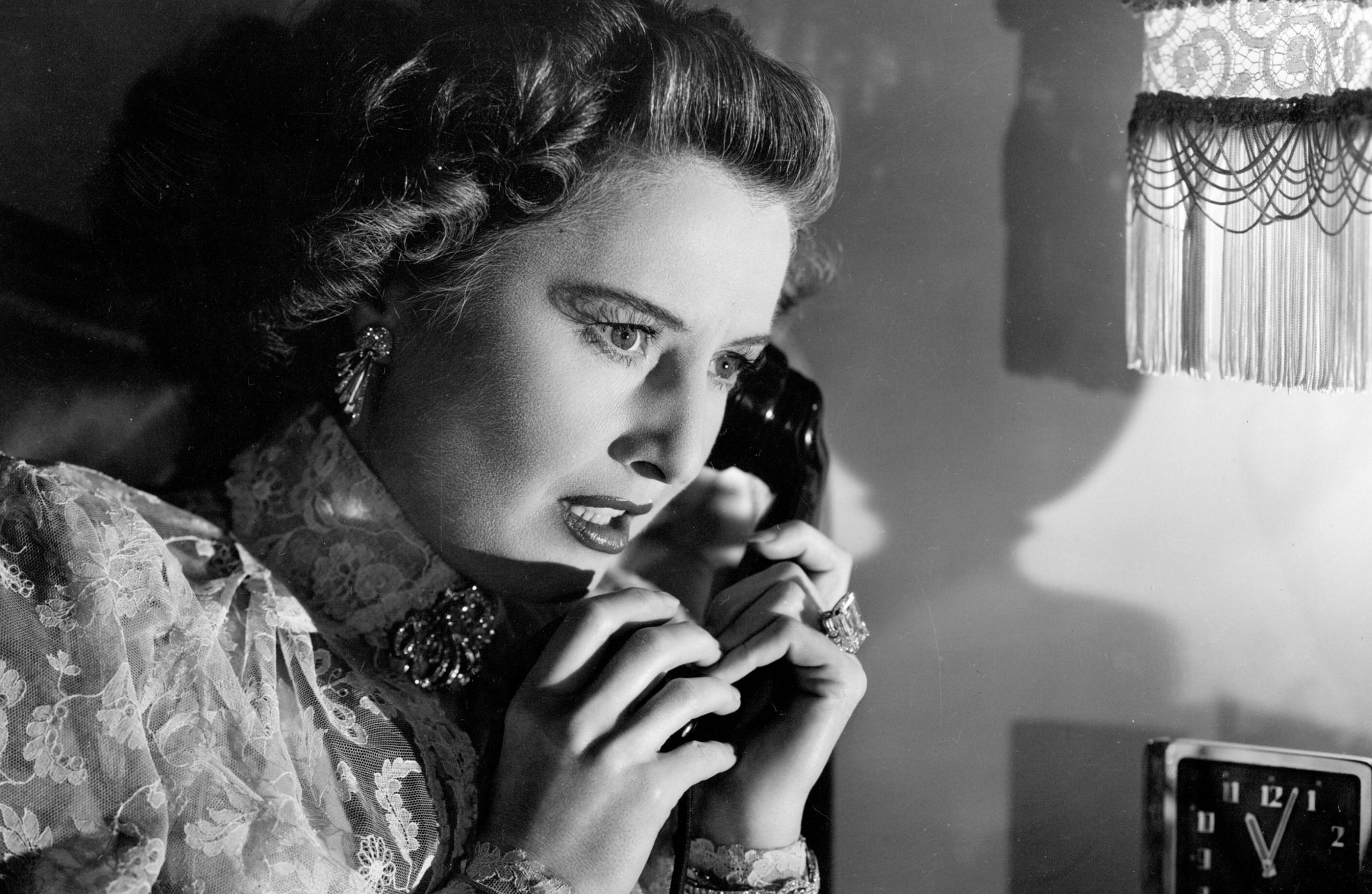 All the films in this year’s Noir City program were originally released in 1948 to mark the 75th anniversary of what Muller says is the apex of the noir era. He said by 1948 the genre had sufficiently developed since it began as the United States emerged victorious from World War II.
All the films in this year’s Noir City program were originally released in 1948 to mark the 75th anniversary of what Muller says is the apex of the noir era. He said by 1948 the genre had sufficiently developed since it began as the United States emerged victorious from World War II.
“Victory meant that artists were now free to not have to say it’s all going to end happily ever after, because they had to,” Muller said. “They had to build morale during the Depression and during World War II. But now the war is over. Artists could just tell a story and not be concerned about, ‘Is this appropriate for the public right now?’”
The only exception to the 1948 rule in Noir City is “Woman on the Run” (1950), a film Muller personally rescued from the dustbin of history, twice.
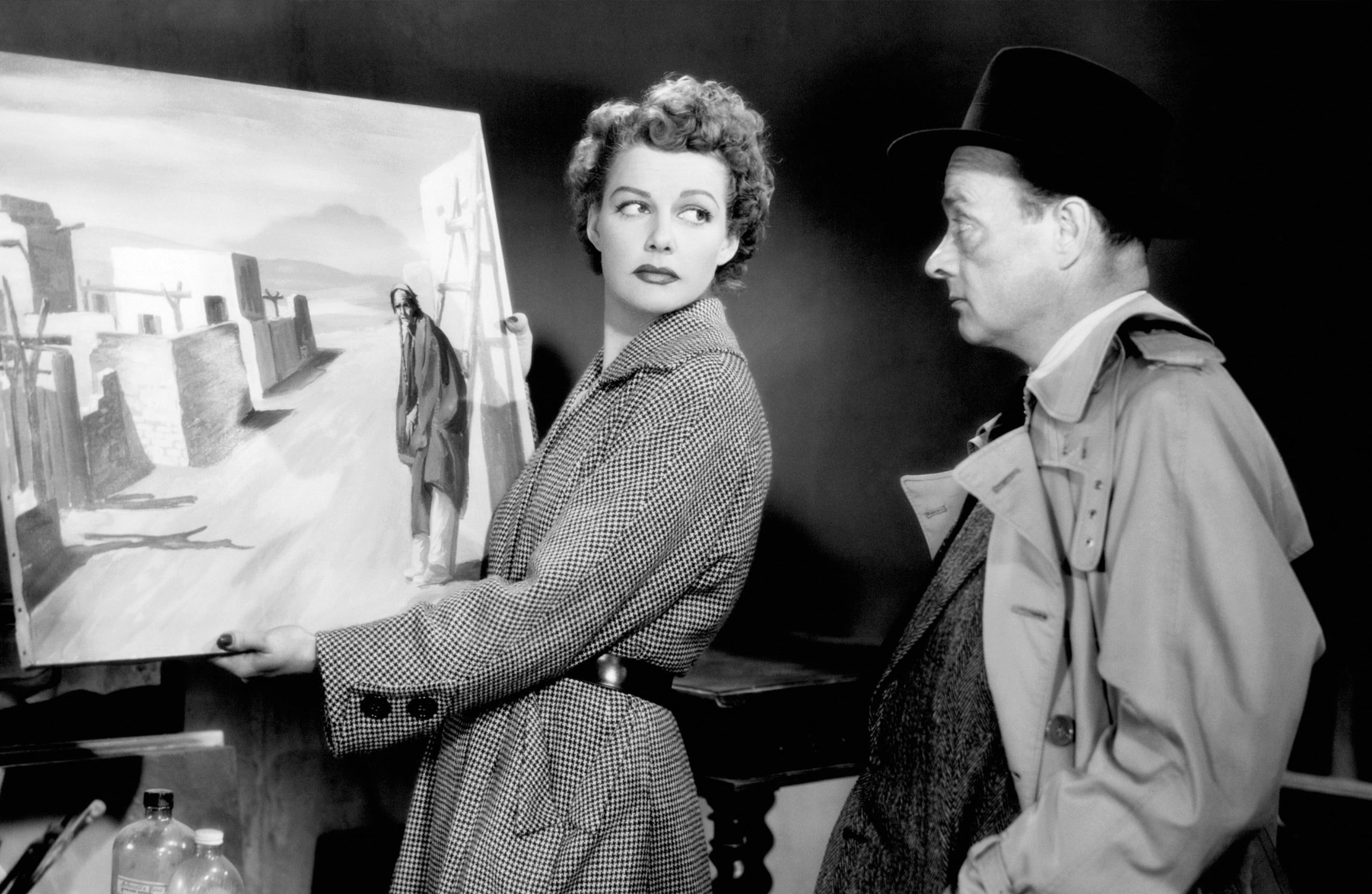
The film, co-produced by its star Ann Sheridan, was believed to have been lost until research by Muller and his Film Noir Foundation discovered it in the Universal film vault. In 2003, he gave the film its first screening in decades. But then that sole print was destroyed in a 2008 fire at Universal’s storage facility, along with a huge number of music recording masters.
After more research, Muller discovered a duplicate negative of “Woman on the Run” at the British Film Institute, along with a soundtrack recording. The Film Noir Foundation raised money to strike a new print and started screening it again in 2015. It will be shown at the Colonial Theatre as a digital cinema projection (DCP).
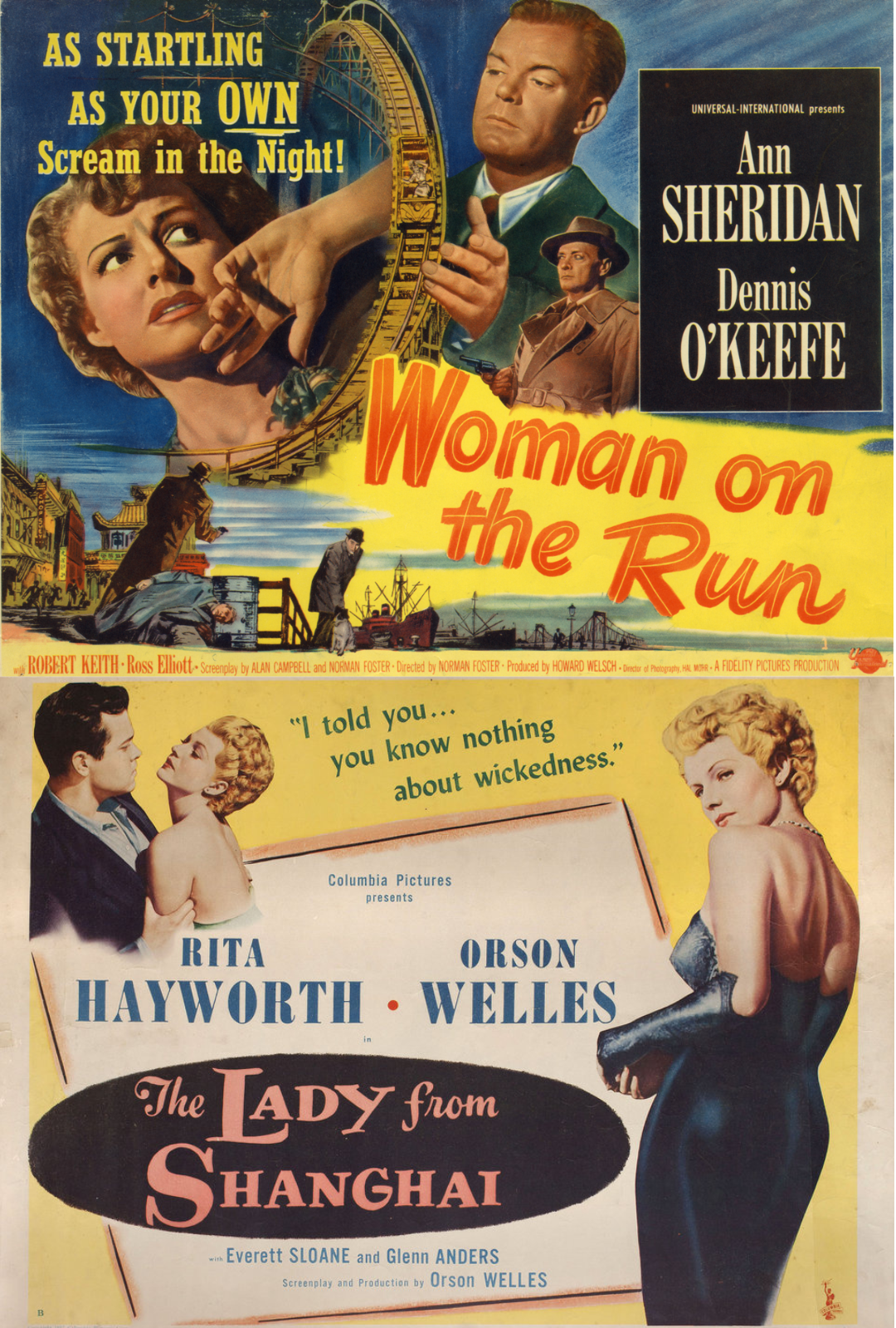 “Ten years ago, you never would have seen it,” Muller said. “When I show that film, I will take advantage of that opportunity to pitch people on the work of the Film Noir Foundation. And then I won’t have to say it again for the rest of the weekend.”
“Ten years ago, you never would have seen it,” Muller said. “When I show that film, I will take advantage of that opportunity to pitch people on the work of the Film Noir Foundation. And then I won’t have to say it again for the rest of the weekend.”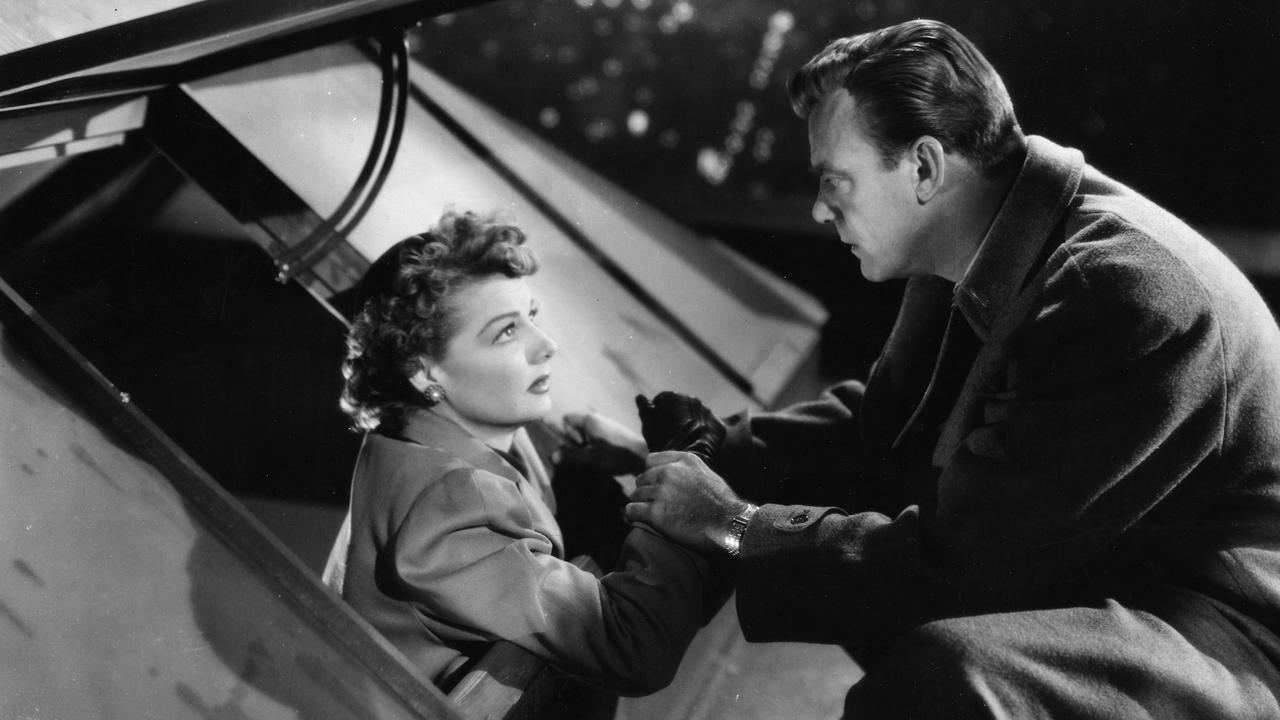
Muller will be introducing each film at the Colonial, similar to his televised presentations on TCM’s “Noir Alley.” He hopes the retro crowd turns out, like they do in San Francisco, dressed to the nines.
“People say, ‘I love your vintage wardrobe.’ My wardrobe actually isn’t vintage. These are all suits that you can buy today,” Muller explained. “But because of the thing on TCM — those are all vintage ties that I wear on the air, and it’s gotten to the point where I will never have to buy a tie for the rest of my life. People send them to me. I get ties every day in the mail.”
WHYY is your source for fact-based, in-depth journalism and information. As a nonprofit organization, we rely on financial support from readers like you. Please give today.